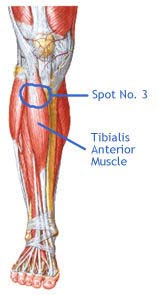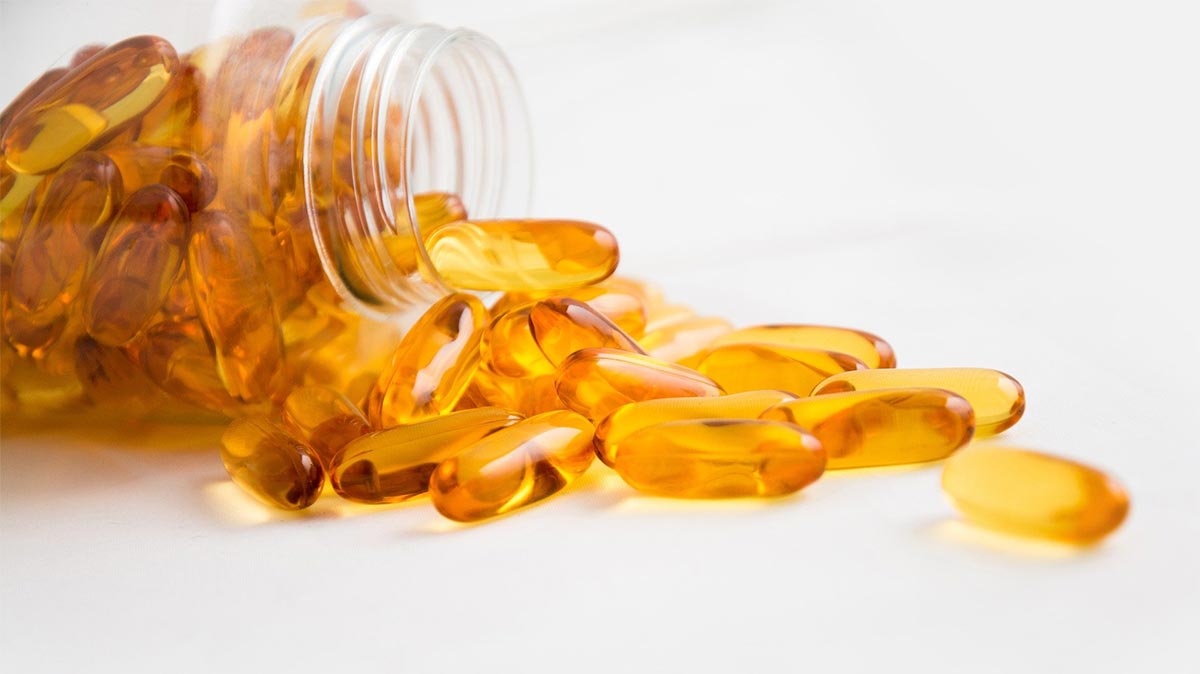The concept of autointoxication, the idea that toxins accumulate in the body due to a poorly functioning colon, has been a subject of debate within the medical community for centuries. This theory posits that if waste products are not efficiently eliminated from the digestive system, they can be reabsorbed into the bloodstream, leading to a variety of health problems. While the traditional view of autointoxication has largely been debunked by modern science, the importance of gut health and regular bowel movements remains a crucial aspect of overall well-being. This article will delve into the historical context of autointoxication, explore the current scientific understanding of gut health, and provide evidence-based strategies for maintaining a healthy digestive system.
A Historical Perspective: From Ancient Egypt to Modern Times
The concept of cleansing the colon for health benefits dates back to ancient civilizations. Egyptian physicians were known to administer colon cleanses as a preliminary treatment for various ailments. This practice was later adopted by Greek physicians, who further developed the theory of autointoxication. In India, Ayurvedic medicine also emphasizes the importance of gut health and regular elimination for overall well-being. During the 1800s, the theory of autointoxication gained significant traction in the Western world, with many physicians believing that a sluggish colon could lead to a wide range of health problems. However, with the advancements of modern medicine and a deeper understanding of human physiology, the traditional view of autointoxication has largely been discredited.
The Modern Understanding of Gut Health: Beyond Autointoxication
While the specific theory of autointoxication may not hold up to modern scientific scrutiny, the importance of gut health is undeniable. The gut microbiome, the complex community of microorganisms residing in the digestive tract, plays a crucial role in digestion, immunity, and overall health. Maintaining a healthy balance of gut bacteria is essential for optimal digestive function and overall well-being. Research has shown that the gut microbiome influences various aspects of health, including immune function, mental health, and even the risk of chronic diseases [1]. Therefore, focusing on supporting a healthy gut microbiome is a more relevant and effective approach than focusing on the outdated concept of autointoxication.
The Importance of Regular Bowel Movements: Addressing Constipation and Diarrhea
Regular bowel movements are indeed important for eliminating waste products from the body. However, the idea that accumulated waste in the colon causes widespread toxicity is not supported by scientific evidence. Constipation and diarrhea are common digestive issues that can cause discomfort and affect quality of life. These conditions are often related to dietary factors, lifestyle habits, or underlying medical conditions. While occasional constipation is usually not a cause for serious concern, chronic constipation or frequent bouts of diarrhea should be evaluated by a healthcare professional. These symptoms can be indicative of underlying digestive disorders that require medical attention.
Supporting Gut Health: Evidence-Based Strategies
Rather than focusing on colon cleansing fads, there are several evidence-based strategies that can effectively support gut health and promote regular bowel movements:
- Dietary Fiber: Consuming a diet rich in fiber is crucial for maintaining healthy bowel function. Fiber adds bulk to the stool, making it easier to pass through the digestive tract. Good sources of fiber include fruits, vegetables, whole grains, and legumes [2].
- Hydration: Drinking plenty of water is essential for keeping the stool soft and preventing constipation. Aim for at least eight glasses of water per day, or more if you are physically active.
- Probiotics and Prebiotics: Probiotics are beneficial bacteria that can help maintain a healthy balance of gut flora. Prebiotics are non-digestible fibers that feed these beneficial bacteria. Consuming foods rich in probiotics, such as yogurt and fermented vegetables, or taking probiotic supplements can support gut health [3].
- Regular Exercise: Physical activity can stimulate bowel movements and improve overall digestive function. Aim for at least 30 minutes of moderate-intensity exercise most days of the week.
- Stress Management: Stress can negatively impact digestive function. Practicing stress-reducing techniques, such as meditation, yoga, or deep breathing exercises, can help improve gut health [4].
Focusing on Evidence-Based Strategies for Optimal Digestive Wellness
While the historical concept of autointoxication has been largely debunked, the importance of gut health remains a crucial aspect of overall well-being. Rather than focusing on unproven colon cleansing methods, prioritize evidence-based strategies such as a high-fiber diet, adequate hydration, regular exercise, and stress management to support a healthy digestive system. If you experience persistent digestive issues, consult with a healthcare professional for proper diagnosis and treatment. By focusing on these evidence-based strategies, you can promote optimal digestive wellness and improve your overall health.
- Valdes, A. M., Walter, J., Segal, E., & Spector, T. D. (2018). Role of the gut microbiota in nutrition and health. Bmj, 361.
- Anderson, J. W., et al. (2009). Health implications of dietary fiber. Nutrition reviews, 67(4), 188-205.
- Hill, C., et al. (2014). Expert consensus document: The International Scientific Association for Probiotics and Prebiotics consensus statement on the scope and appropriate use of the term probiotic. Nature reviews Gastroenterology & hepatology, 11(8), 506-514.
- Konturek, P. C., et al. (2011). Stress and the gut: pathophysiology, clinical consequences, diagnostic approach and treatment options. Journal of physiology and pharmacology: an official journal of the Polish Physiological Society, 62(6), 591.













